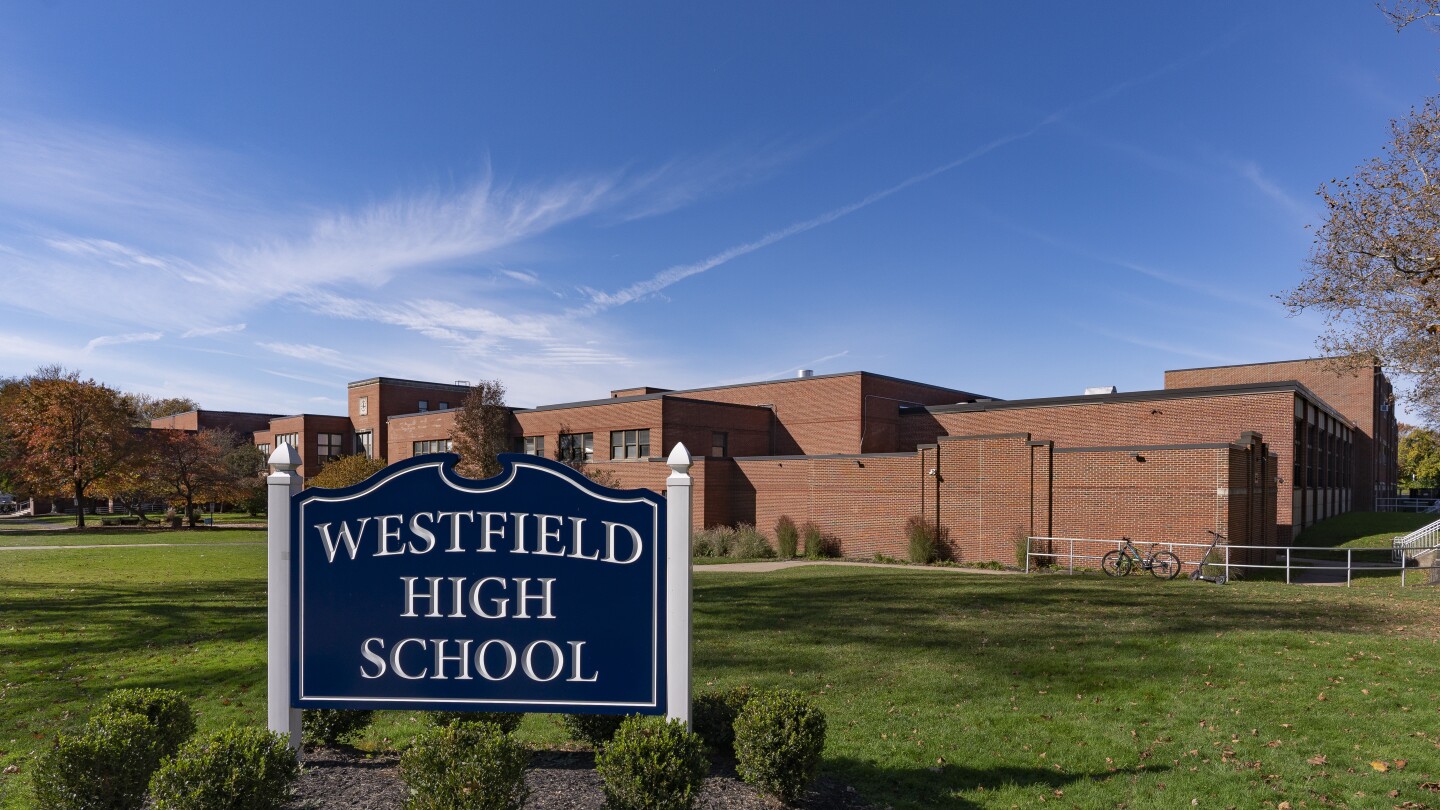A mother and her 14-year-old daughter are advocating for better protections for victims after AI-generated nude images of the teen and other female classmates were circulated at a high school in New Jersey.
Meanwhile, on the other side of the country, officials are investigating an incident involving a teenage boy who allegedly used artificial intelligence to create and distribute similar images of other students – also teen girls - that attend a high school in suburban Seattle, Washington.
The disturbing cases have put a spotlight yet again on explicit AI-generated material that overwhelmingly harms women and children and is booming online at an unprecedented rate. According to an analysis by independent researcher Genevieve Oh that was shared with The Associated Press, more than 143,000 new deepfake videos were posted online this year, which surpasses every other year combined.



Not really. The more extreme it is, the more easily people will believe you when you say it’s a deep fake. Everyone who matters (friends and family) will know it’s not you. The more this sort of thing becomes commonplace, the more people will simply shake their heads and move on.
That depends on a how a specific person is seen and treated by their surroundings.
A teenage girl who is already a victim of harassment or bullying for example will be treated very differently when humiliating images of her surface in her peer group, compared between someone who is well liked in school.
People who do this have to be judged much more harshly. This can’t become the next item on a list of common sexual harassment experiences every girl and women “has to” experience.